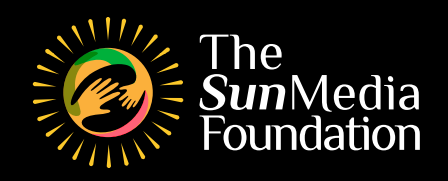The United Nations Universal Declaration on Human Rights indeed recognizes the right to education as a fundamental human right. However, despite being signatories to this declaration, many nations have struggled to fully execute the content of the declaration and ensure universal access to quality education. This discrepancy can be attributed to various complex factors that hinder the realization of this right in practice.
One significant reason for the doubling number of out-of-school children, despite numerous efforts, is the existence of deep-rooted socioeconomic inequalities. Many nations face challenges such as poverty, inadequate infrastructure, and limited resources, which disproportionately affect marginalized and disadvantaged communities. These inequalities perpetuate a cycle of limited access to education, as children from impoverished backgrounds often face barriers such as lack of financial resources, insufficient school facilities, and inadequate transportation.
Furthermore, political instability, conflicts, and emergencies in certain regions contribute to the denial of access to quality education. In areas affected by armed conflicts or humanitarian crises, schools are often disrupted or destroyed, and families are forced to flee their homes, resulting in a disrupted educational system. In such circumstances, ensuring the right to education becomes even more challenging, as efforts to establish safe and conducive learning environments are impeded.
Overall, the rights to education campaign plays a crucial role in investigating the underlying factors that deny millions of children access to quality education. By examining socioeconomic inequalities, political challenges, and other barriers, the campaign aims to raise awareness, advocate for policy changes, and mobilize resources to address these issues effectively. Ultimately, through persistent efforts and collaborations, it is possible to overcome these obstacles and work towards fulfilling the right to education for all.
